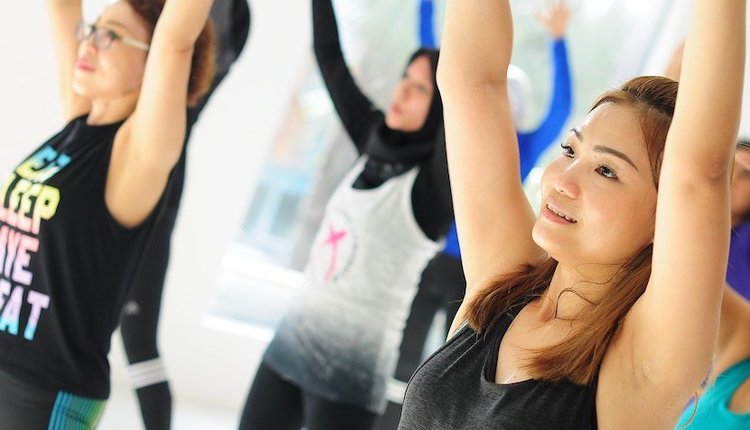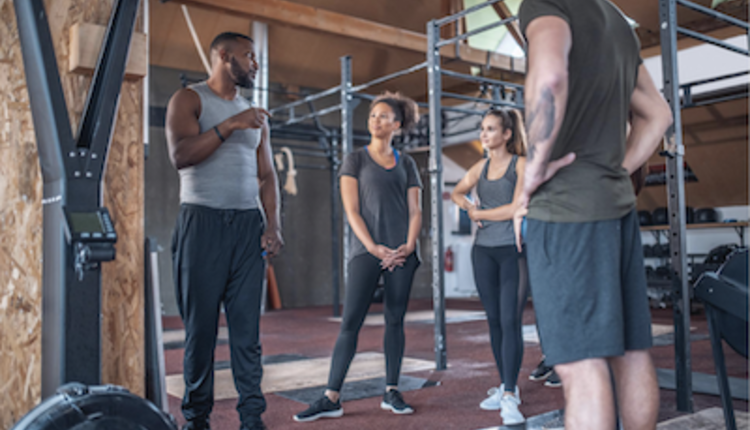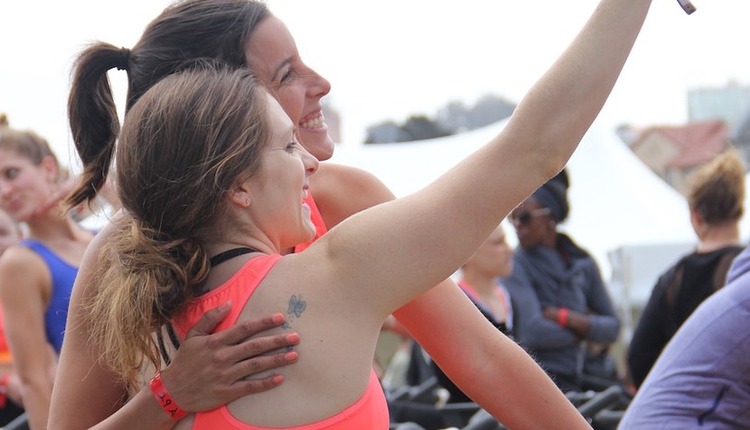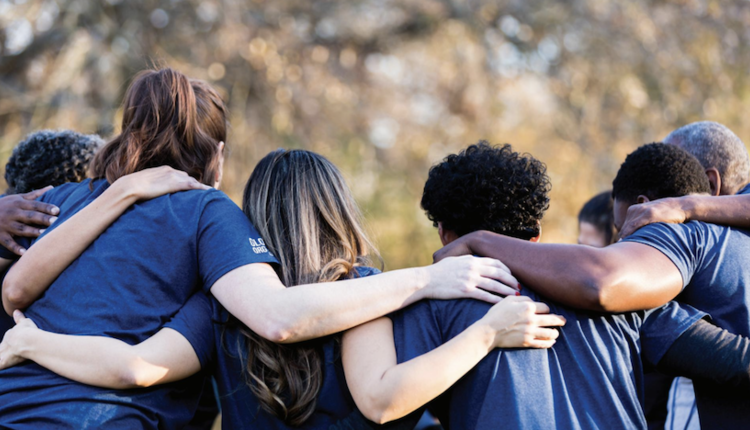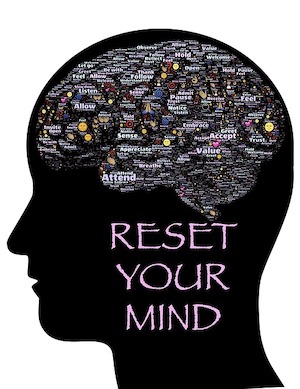
So, let’s get right to the point. Customers are getting much harder to come by and to keep. And contrary to what most might expect on the heels of a pandemic, the fitness industry as a whole is entering an era of unprecedented abundance. Fitness seekers and fitness workers have more options to choose from right now than ever before. That’s exactly why it is time for a reset on how we think about diversity, equity and inclusion (DEI). Prioritizing DEI isn’t just about doing what’s right anymore. It is also about doing what’s right for your business and creating sustainability for the future.
If you own or operate a fitness business, here are three questions that you should be asking yourself right now:
1. With so many other options out there, what will keep your members, clients and staff “tuned in” to you?
2. As you work to recover from the pandemic's effects, what is going to help you stay on top of emerging trends and anticipate the needs of both your internal and external customers?
3. Looking towards the future, how are you going to develop a business model that is more bullet-proof and can withstand the coming onslaught of new competitors, technologies and potential mandates?
Although you might not first make the connection, these questions are precisely why the most resilient fitness professionals and businesses are intentionally learning more about diversity, equity and inclusion. Here are the top reasons why:
Diversity helps fitness professionals reach (and retain) more customers.
- "Sociological imagination" is the ability to see things socially and how they interact and influence one another. By actively creating and nurturing diversity amongst their members, clients and staff, fitness professionals can exponentially increase their ability to anticipate, understand, empathize with and successfully address customer needs. By fostering better understanding across differences, diversity is the foundation of not just retention but the formation and maintenance of a vibrant community of unique individuals. The future is diverse.
Inclusion helps fitness professionals stay “in touch” and make better decisions when faced with new business challenges.
- In a Harvard Business Review article entitled “Why Diverse Teams Are Smarter,” co-authors David Rock and Heidi Grant explain why businesses with inclusive leadership teams are better at navigating through times of uncertainty or conflict. In addition to being more innovative, they argue that inclusive teams are generally more conscientious and can adapt to incremental and sudden change. In contrast, non-inclusive leadership teams often struggle to create and commit to new strategies and “grip” on to old habits. Inclusion builds a bridge to innovation.
Equity prevents fitness businesses from losing their best and most valuable employees.
- Like any fitness client, employees tend to stick with a trainer (or employer) that gets them results. That is what the idea of equity vs. equality is all about. It's not just about making sure that everyone has "equal access." If your clientele or your workforce is diverse (or aspires to be), it is your job to create pathways to success that are both intentional and proportional to that diversity. In other words, if you were to wake up one day and realize that only your young and athletic clients achieved their goals while working with you, but your older or less fit clients did not, would you say to yourself that you were a "good trainer?" That’s why the best trainers (and employers) meet their people where they are developmentally and commit to helping them achieve success over time. Equity keeps each of us accountable.
Ultimately, committing to learning more about diversity, equity and inclusion is really about committing to develop and evolve your mindset. In the aftermath of COVID-19, it has been far too easy to remain insolated in both our thoughts and actions. However, the era of abundance is upon us. At this moment, we have an opportunity to redesign our vision for our creative potential and expand our personal practice of community, diversity, and inclusion. With the slate virtually wiped clean from the turmoil and disruption that was 2020, we have a rare opportunity to reframe how we look at the future and who walk beside us. The road ahead is not easy. It has never been. But the time to act and to step forward, together, is now.





